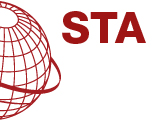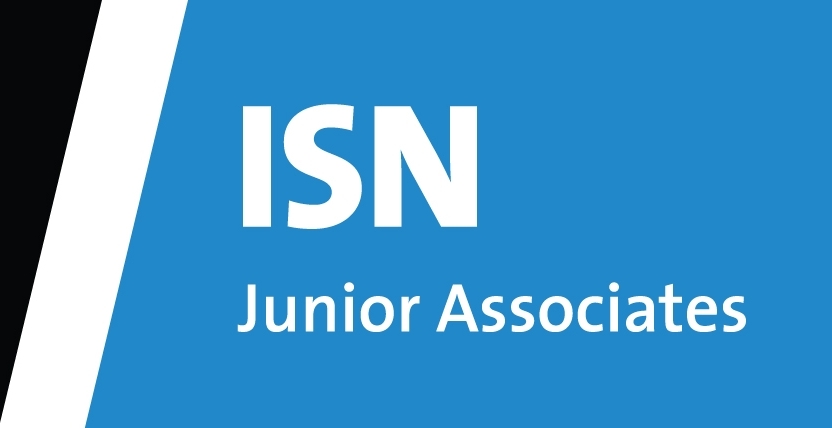We’re focusing on Protecting Privacy in a Surveillance Society in this week’s Special Report. How much do you know?
[QUIZZIN 24]
Month: June 2010
From the latest CSS Analysis in Security Policy:
 “The decline of conscription is a key element in the transformation of European armed forces since the end of the Cold War. The majority of EU member states have introduced professional all-volunteer forces (AVFs). The reasons for this trend are both military and societal. Given today’s geostrategic environment and the resulting task spectrum of European armed forces, the shift to AVFs is a logical development. The transition, however, requires a range of thought-out measures to secure appropriate recruitment levels and make the armed forces competitive on the labour market.”
“The decline of conscription is a key element in the transformation of European armed forces since the end of the Cold War. The majority of EU member states have introduced professional all-volunteer forces (AVFs). The reasons for this trend are both military and societal. Given today’s geostrategic environment and the resulting task spectrum of European armed forces, the shift to AVFs is a logical development. The transition, however, requires a range of thought-out measures to secure appropriate recruitment levels and make the armed forces competitive on the labour market.”
Download “To Draft or Not to Draft? Conscription Reform in the EU” by CSS Researcher Aleksandra Dier from Strategic Trends Analysis (STA).

Often in development aid, misery and natural disasters determine where the money goes. The tsunami that devastated Banda Aceh in 2004 could be seen all over the news for many weeks. The recent Haitian earthquake is still very present in many minds and may touch our conscience in such a way that we gladly give our money to respective development agencies. As a consequence, these places are swarmed with NGOs, IOs and private initiatives creating and realizing projects.
Yet, isn’t that exactly the purpose of development aid? To help people in need? Yes, but meanwhile a disaster victim in Banda Aceh receives 5 tents, 7 pairs of shoes and tons of goods of development aid for years to come, children in the poorer regions of Africa, South America or elsewhere lack the public attention to attract comparable support.
Relying heavily on organizations such as the UN Development Programme or US Aid, funding of projects in unknown and remote areas can be very difficult. It is a widespread practice that agencies, especially those which count on private financial contributions, use the “big disasters” to raise money and then redirect these funds to cross-finance smaller, less known projects in other regions. However, this practice is often prone to intransparency, fraud and improper management.

While new technologies have enhanced user freedoms, they have also created opportunities for dramatic invasions of privacy – including by governments against their own citizens. How can governments better balance national security needs against citizens’ right to privacy?
This ISN Special Report contains the following content:
- An Analysis by Peter Buxbaum about crafting sensible public policy on electronic surveillance and data mining.
- A Podcast interview with Bruce Schneier suggests that technology is neither a magic bullet that can stop terrorism nor a catalyst for invading privacy.
- Security Watch articles about the impact of electronic surveillance in Turkey, the US, Belarus and more.
- Publications housed in our Digital Library, including a recent Center for European Policy Studies paper on the human rights implications of global technology transfers.
- Primary Resources, like the US Patriot Act of 2001.
- Links to relevant websites, such as last week’s Economist article on “Privacy and the Internet.”
- Our IR Directory, featuring the human rights group, Privacy International.
The ISN is proud to announce the launch of our Junior Associates Program. The program brings together young professionals from Swiss-based institutions, companies and international organizations , as well as promising young scholars from Swiss universities, in a cooperative project that builds bridges and networks across the Swiss IR community.
Each program cycle will focus on a theme; this year, the topic will be
Europe and Islamic Countries – New Frontiers, Fresh Perspectives
The broad range of issues that may be explored under this thematic umbrella include:
- Swiss/European policy toward ‘marginal’ Muslim regions, such as North Africa, parts of sub-Saharan Africa and Southeast Asia
- Economic cooperation between Europe and North Africa
- Population growth in the Arab world and the migration of young Arabs to Europe
- Muslim perspectives on identity and place in 21st century Europe
Through collaboration, Junior Associates are expected to draft two Junior Associates Special Reports, to be published by the ISN in late 2010 and early 2011.
Junior Associates will also have the opportunity to attend an exclusive ISN Junior Associates event in Zurich in early October of this year. The event will feature high caliber speakers on this year’s topic.
For more information and to request an application form, visit the program’s website. Questions can be addressed to the program manager, Kaisa Schreck, or the program assistant, Jonas Rey, by sending an email to ja[at]sipo.gess.ethz.ch.

